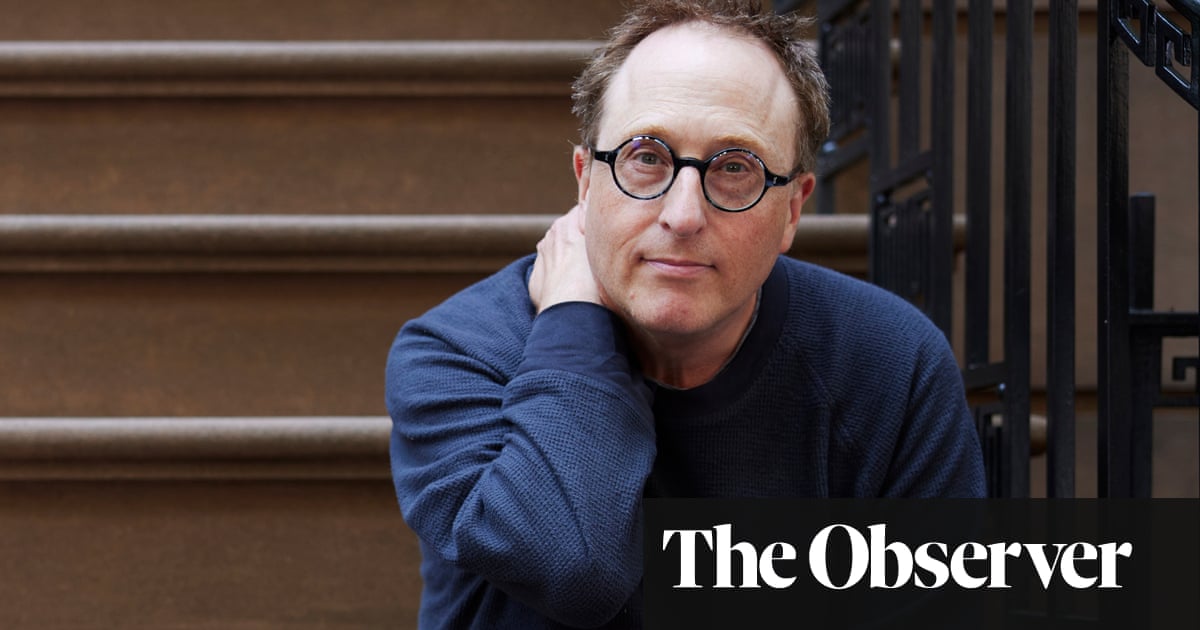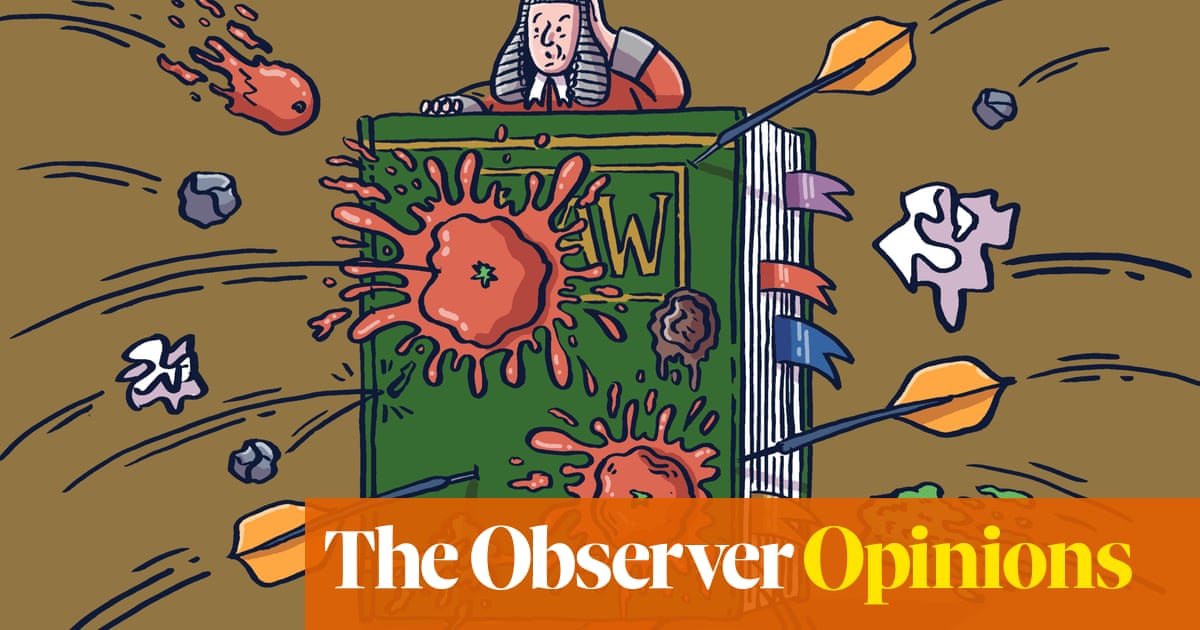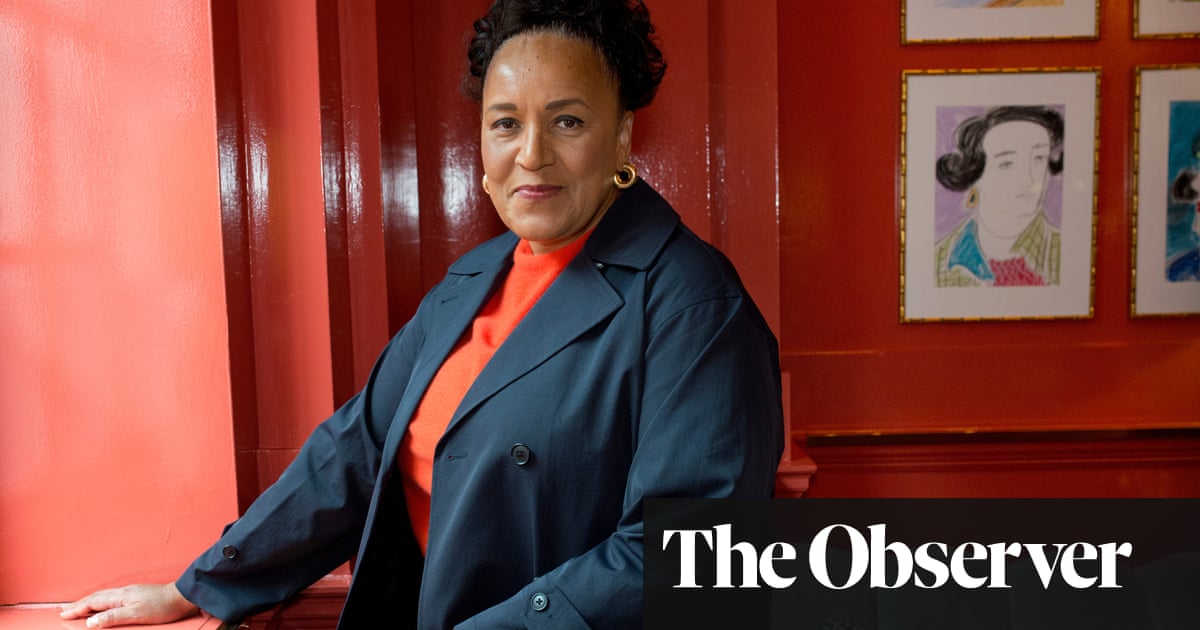
Ilias Chatzis heads up a global team of more than 60 experts at the UN Office on Drugs and Crime (UNODC), committed to countering Human Trafficking and Migrant Smuggling. He says that more focus needs to be placed on those who profit from the crimes, rather than the victims.
Chatzis was talking to Melissa Fleming, the United Nations Under-Secretary-General for Global Communications.
“Human trafficking and migrant smuggling have evolved a lot since I first took over this job. They have become more severe, in the sense of what the criminals involved inflict on people. There is more violence, victims are younger and there are more child victims.
It is a crime that can sometimes happen in front of our eyes, as we go to work, do our shopping, drive our children to school or meet friends for dinner. There are industries that we come into contact with in our everyday lives, like hospitality, agriculture, construction, and others where trafficking victims are exploited.
Traffickers in Europe take groups of children from country to country and force them to beg. Then they take all the money and often let them starve. For criminals, it is all about the money, and people are just a way to make a profit.
We have to accept that the criminals are real people themselves. They have friends, families, and children. They may even work within the organizations that are supposed to be tackling these crimes, like the police or immigration service and abuse their profession.
Every trafficking story can shake you to your core. It affects children, even babies can be victims. There are girls and women of all ages being sexually exploited, and men that desperately seek employment, and find themselves in the hands of criminal gangs who then use them for forced labor and other purposes.
We now have the online aspect of the crime. Videos and images of sexual exploitation are being distributed around the world through different channels. You can remove them from one platform, but they appear on another one.
I always feel that we could all do more against this crime. In the long term, we need to really look into our model of development and how our economies are structured. The private sector has an important role to play in these efforts and a responsibility to act.
With migrant smuggling, we need to focus on how to stop the criminals and not the migrants. Smuggling gangs make a lot of profit from people who are seeking a better life. While trying to stop the criminals, we should not forget the migrants themselves and the need to respect their dignity, human rights and offer protection to those that need it.
Human trafficking is not a crime that is happening only in the developing world. It occurs in every region. According to our latest Global Report on Trafficking in Persons, 148 countries out of the UN 193 Member States reported human trafficking cases in the last two years.
The team I lead is working all over the world to support countries to fight human trafficking and migrant smuggling. Through the services we provide, frontline responders, police authorities, prosecutors and judges are better equipped to protect victims of trafficking and smuggled migrants and secure convictions of the perpetrators.
I have seen a lot of human suffering in my career. I saw it first-hand when I was based in the former Yugoslavia. I experienced the uprooting of people by war, the exploitation of people by others, the links between organized crime and war, the breaking up of families and the desire to go back to where you belong, but the inability to do it, because things have changed so much that you would not recognize the place.
We still have so much to learn from ourselves and from history. We are not learning fast enough. I took this job to hopefully make a difference. I am really trying to make sure that what I do has some real positive impact.” — UN News












